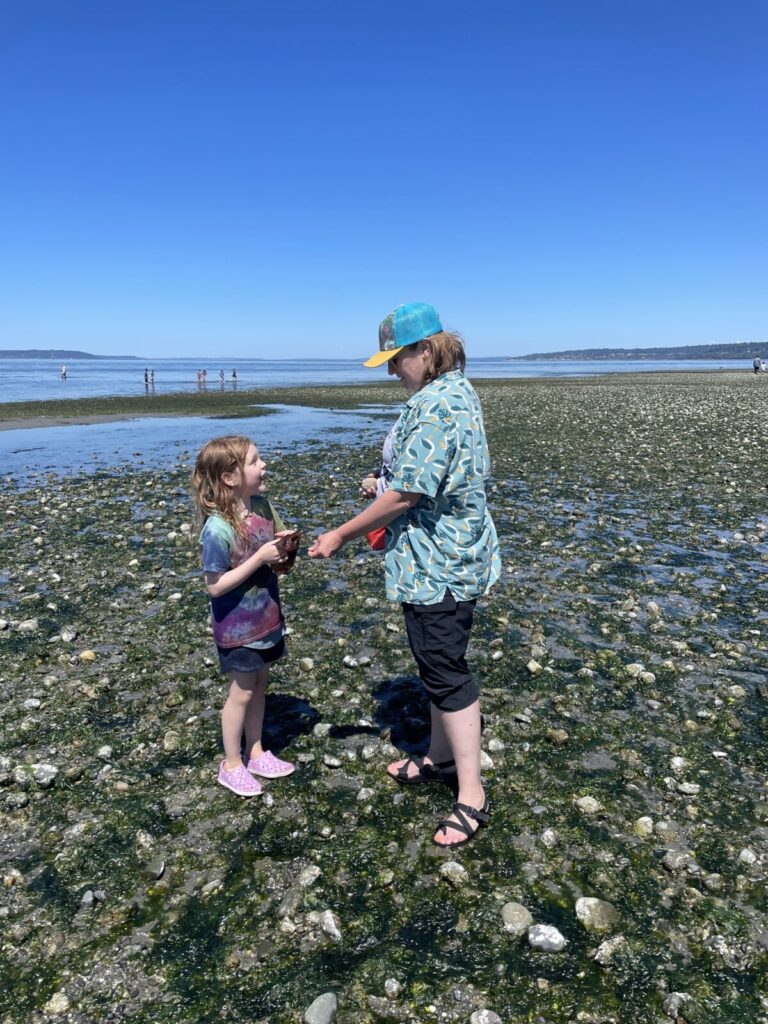
Nature & Community: Portals of Connection
By Lara McKaye – School Age Educator and Executive Assistant at Hilltop
The natural world is like a vibrant classroom, offering us a chance to learn not only about the creatures and ecosystems around us, but also about ourselves. In July 2023, the children of Hilltop’s School Age Summer Camp enjoyed a special outing to Golden Gardens Park for a low tide adventure. Guiding them was my colleague, Keeley O’Connell, one of Hilltop’s seasoned preschool educators.
As we planned this field trip, I knew that Keeley would be the perfect community member to invite as our guest expert for the day. When Keeley entered the field of early learning, she brought with her a wealth of diverse knowledge and passions. Keeley earned a degree in marine and estuary sciences from Western Washington University and spent seventeen years in salmon habitat restoration. Her ability to connect with the public and explain the science of Puget Sound ecology, lead restoration events, champion environmental policies, and guide beach walks at low tide, speaks volumes about her understanding of the places we explore. Additionally, Keeley’s background as a coach in Social and Emotional Learning for children was instrumental in helping the School Age kids navigate the mysterious and sometimes intimidating aspects of exploration in the wild.
Keeley’s deep knowledge of marine biology, combined with her teaching experience, added a rich layer of learning for both the children and her colleagues in this setting. Watching her skillfully steer them through important concepts like respecting the land, navigating tricky terrain safely, and sharing intriguing facts about marine life was truly heartening for me as a fellow educator.
At Hilltop, “Learning through Relationship” and “Leadership in Community” are two of our core values. We believe in the transformational power of educators and administrators bringing their heart and their passions into their work with children, with families, and with each other. Although Keeley’s primary focus as an educator is on preschool-age children, she enthusiastically joined an older age group in our program to enhance our field trip experience and share some of her talents and wisdom outside the classroom. Now, when the school-age children spot Keeley in the hallway, they excitedly greet her or share a new marine fact they’re enthusiastic about. The school-aged educators have gained not only new skills and knowledge for future field trips but also a new resource in their “teacher toolbox:” they know who to turn to for questions about marine life or for guidance on exploring children’s curiosity about the natural world.
The experiences, skills, and interests of our team members are invaluable resources for our work and professional growth. When we foster the connections within and outside our walls, we provide new portals for the unique passions and gifts of our community members to shine through. When we seek and nurture a wide range of thoughts and ideas, we build a strong foundation for meaningful connections and deliberate commitments to each other.
What wisdom, talents, and passions do you have yet to share with your early learning or other professional communities? Which are you already bringing to your work? And how could you bring even more of these parts of yourself to these spaces?
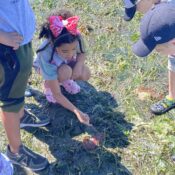
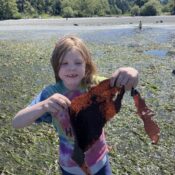
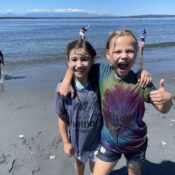
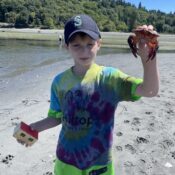
For more insights from Keeley on this unique learning experience and on the power of sharing our passions, check out her interview in this month’s podcast episode of Emergent Conversations!
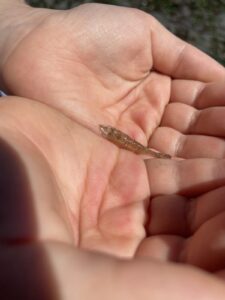
BONUS Learning:
Educators, parents, and caretakers can use the lessons taught by Keeley and implement them into their own adventures in the natural world. You can access a video of Keeley running her introductory meeting with the school-age children here.
Keeley begins the lesson by emphasizing that the students are in a safe place and supported by adults who are there to make sure that they can explore and take risks safely. She connects the care that the children need to show their environment to the same types of lessons we teach about caring for our own bodies and homes. Just like we have soft bodies that can be squished or hurt, the creatures that live on the beach do too. As visitors to their home, we need to be careful and respectful in the same way we would want others to be in our home. Picking up rocks is a great way to find creatures that like to hang out underneath but leave rocks bigger than our heads alone as we may not be able to manage those safely. The children visibly reacted to this guidance with self-awareness and confidence knowing that Keeley was there to answer their questions, support them in wading into the unknown, and navigate the discomfort that comes with soggy socks after the joy of a day of discovery!